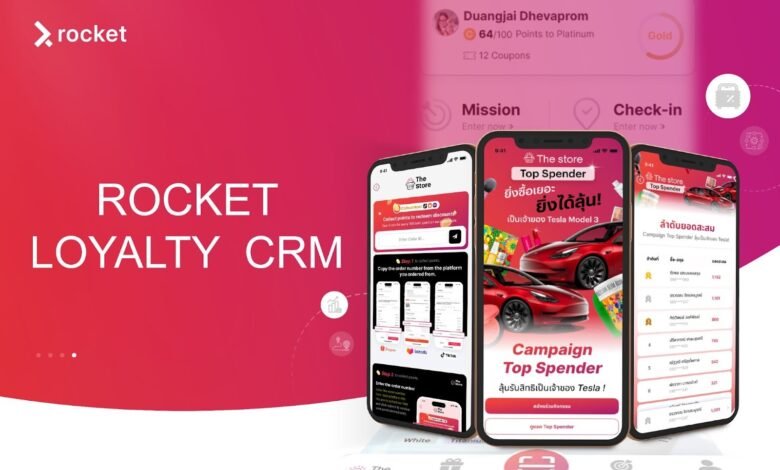From Manual to Smart: How CRM Automating Customer Support Transforms Operations

Introduction
Customer demands are greater than ever in today’s business landscape. Customers can be put off very quickly by long wait times, repetitive questions, and inconsistent service. In order to cope with these problems, many enterprises choose to deploy Rocket CRM applications. Through this transition from manual to smart automation, businesses are turning customer support into a frictionless, lean and hyper-personal process.
Manual Support Is the Problem
The old school support approach is full of manual operations. Agents are kicking around information for hours, searching for customer history, or repeating the same questions again and again. And while well-meaning team members can provide good service, manual workflows like this can slow things down and create more opportunities for error and inconsistency. Even better, clients notice — and slow response times and impersonal communication can break down trust and damage loyalty.
This is CRM automation at work. Rather than inundating reps with manual tasks, intelligent CRM software manages many of these activities in the background, leaving employees free to engage in more value-added interactions.
The Benefits of CRM Automation on Efficiency
One of the key features of CRM automation is centralized customer data. When they have every interaction, transaction and conversation history in one place, support agents can easily find what they’re looking for. Gone are the days of rummaging around for spreadsheets or loose notes.
Automation also enables companies to establish ticketing systems, auto-response templates, and intelligent chatbots who can answer FAQ questions 24/7. This strategy helps deflect calls from human agents and ensures customers are getting answers promptly. The outcome is resolutions that are faster, less frustrating and more palatable to the customer journey.
See also: AI Image Generator: Transforming Creativity with Technology
Personalized Support at Scale
A misperception is that automation leads to service that is robotic or detached. In fact, CRM automation allows for more personalized content. Using patterns of data, businesses are able to predict the needs of a customer, offer solutions before the customer even knows there’s a problem and tailor an approach to support a user based on individual needs, rather than the collectivity.
For instance, a CRM system could know that a customer has just made a purchase and send them an email with follow up instructions for the set up, or support information if they need troubleshooting. This level of personalized interaction was close to impossible with hands-on support processes, particularly for companies growing the size of Talkdesk.
Boosting Employee Productivity
On a more practical level, CRM also turns the tables on customer support – allowing businesses to automate responses is a big win for your agents. The support team is no longer burdened with monotonous administrative work and is able to concentrate on building a friendly relationship, addressing complex questions, and achieving high customer satisfaction. And CRM systems can connect through directly to collaboration tools, providing seamless communication between departments as well. Sales, support and marketing can all work together in the same customer data, no wondering if we’re referring to the same customer, no miscommunications, no “how are you messaging this?”.
Data Focused Feedback to Fuel Continuous Growth
Apart from immediate efficiency, CRM automation pulls down useful customer behavioral data. Companies will have access to the resolution times, satisfaction scores, and types of problems that they are addressing. With such insights enterprises can detect and serve what is missing, do better training of personnel and streamline the workflow process for continuous improvement. Through this data-centric approach, the support becomes not only reactive but strategic and futuristic.
Transforming the Customer Experience
At the end of the day, the switch from manual moderation to smart, automated *CRM* systems change the game for the customer experience. Customers experience faster response times, more accurate solutions, and service with that personal touch that often seems to be custom-made for them. Meanwhile, companies benefit from operational efficiency, lower costs, and better customer retention. Though in a competitive market place, this change could be the difference between growing and dying.
Conclusion
The change from manually supporting customers to automated support via CRM is not merely a technology upgrade, it is a change in the very way we do business. By automating time-consuming processes, centralizing customer data and providing personalized communications, companies are able to provide faster, smarter, and more substantial service. With the unprecedented pressure on brands to deliver superior customer support, Rocket CRM automation is not just a trend, but a necessity for those keen to stick around and grow in the customer-first era.




